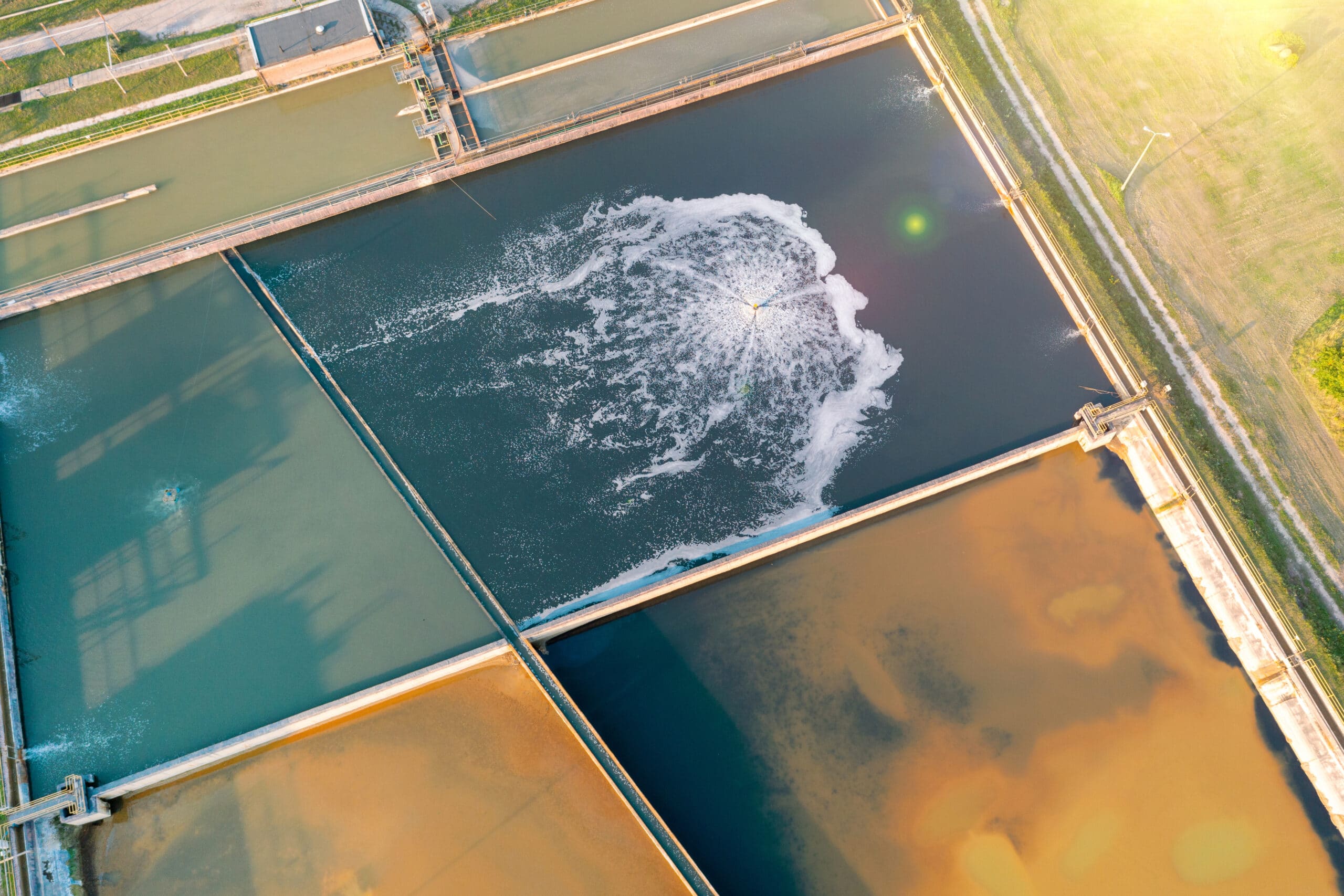When a water sample is found to contain E. coli higher than the South African regulatory general and special limits, beaches must be closed and sampled every day until concentrations fall below the threshold. Beaches often experience high bacterial loads after major rainstorms and land-based contaminants can quickly be transferred to the water.
Some locations are more vulnerable to contamination because of water circulation patterns, beach layout, surrounding land use or nearby storm water outfalls. It has been over two months after all Durban beaches were restricted, due to the tragic April floods making several sewage plants nonfunctional.
Large areas of wastewater reticulation pipelines have been damaged, exacerbating the amount of untreated wastewater seeping into the ocean from South Africa’s third largest metro. Another concern is the amount of untreated chemical and domestic effluent that flows from various industries and businesses across this highly visited tourist destination.
According to reports, the eThekwini Municipality has a minimum 27 wastewater treatment works, 289 sewer pump stations and more than 9,000km of wastewater pipelines supplying the city with the necessary services. Additionally, one in three of these essential treatment works have sustained major flood damage and an indeterminate amount are completely non-functional as a consequence of the floods.
We have been assisting utilities and protecting the environment by providing safe decentralized water and wastewater treatment emergency response solutions, which can be placed directly at the heart of the affected location for optimal service delivery. MEB uses a variety of advanced tools and technology innovations to preserve public health, water quality and mitigate the risks associated with wastewater pollution.
Want to know more about the variety of proven solutions in our portfolio? Speak to us today!

